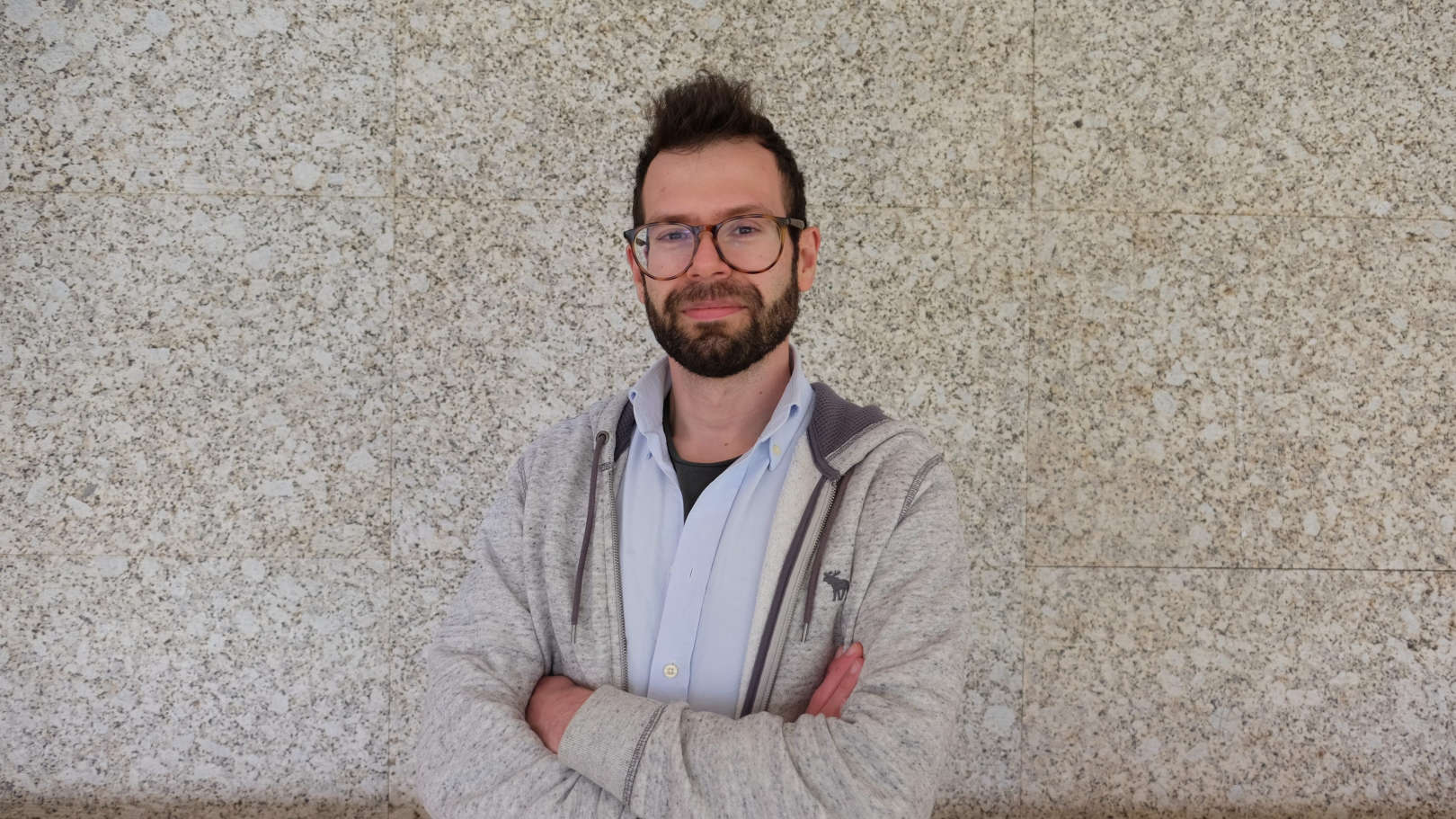Sobre
O Fábio nasceu em Lisboa, Portugal em 1988. Licenciou-se em Engenharia de Redes de Computadores e Multimédia em 2011 pelo Instituto Superior de Engenharia de Lisboa. Decidiu depois prosseguir os seus estudos, tendo ingressado no Mestrado em Engenharia Informática da Universidade do Minho, de onde obteve o grau de Mestre em 2013. Desde essa altura, o Fábio é invetigador no HASLab, Laboratório Associado do INESC TEC. Doutorou-se em 2018 no programa doutoral em informática MAP-i administrado em co-tutela pelas Universidades do Minho, Aveiro e Porto. Conjuntamente, o seu trabalho de investigação e tese de doutoramento focam-se em ferramentas de "Data Analytics" para sistemas de larga escala, vulgo "BigData". De entre outros tópicos, o Fábio interessa-se também por sistemas de "Benchmarking" e por sistemas de processamento transacional distribuídos. Nos seus tempos livres, gosta de viajar e de fotografia.



